Modi Government Backs ‘One Nation, One Election’ Plan, Opposition Raises Strong Objections
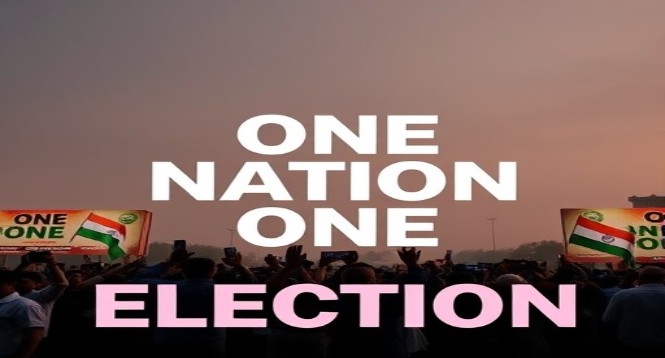
The Modi government has announced its endorsement of the “One Nation, One Election” proposal, aiming to synchronize Lok Sabha and state assembly elections across India. This ambitious plan, touted as a means to streamline governance and cut down on election-related expenses, has sparked a heated debate across the political spectrum.
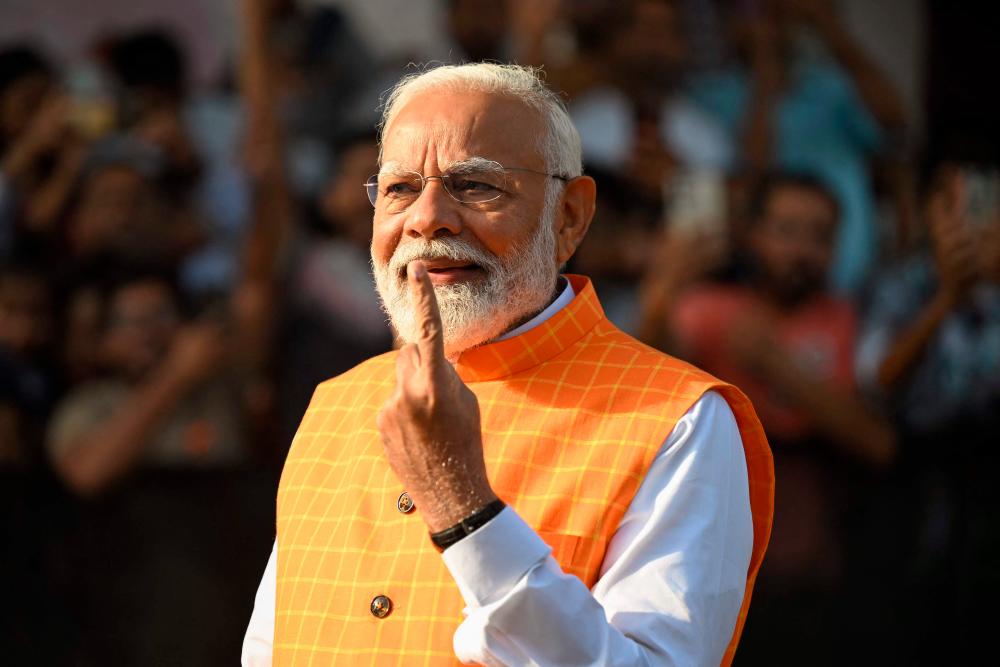
The Government’s Perspective
Proponents of the initiative argue that conducting simultaneous elections will reduce the recurring administrative and financial burden associated with staggered elections. Supporters claim it will allow governments to focus on governance rather than being in perpetual campaign mode. Prime Minister Modi has repeatedly highlighted the potential benefits, including minimizing disruptions to public life and administrative efficiency.
The proposal also seeks to address issues like voter fatigue and the overuse of resources such as security personnel and polling infrastructure. The government has suggested that this move could lead to a more unified and coordinated electoral process, aligning with the broader vision of enhancing India’s democratic practices.
Opposition’s Concerns
Despite the government’s enthusiasm, the proposal has faced sharp criticism from opposition parties. They argue that simultaneous elections could undermine the federal structure of India, which allows state governments to function independently and address regional concerns through staggered polls.
Leaders from the opposition have raised concerns about the practicality of implementing the plan. They point to the need for constitutional amendments and logistical challenges, including aligning terms of legislatures that currently do not coincide. Additionally, they warn that the move might centralize political power, reducing the voice of smaller regional parties.

Political Reactions and Way Forward
As the debate intensifies, the government has formed a committee to explore the feasibility of the proposal, inviting inputs from various stakeholders. However, opposition parties remain skeptical, viewing the move as a politically motivated attempt to consolidate power.
The public’s response to the idea has been mixed, with some welcoming the potential benefits and others questioning its impact on India’s democratic ethos. As discussions unfold, it remains to be seen whether the government can address the concerns raised and build a consensus around the proposal.
For now, “One Nation, One Election” stands as a bold but contentious vision, reflecting the complexities of balancing efficiency with the diverse political fabric of the world’s largest democracy.





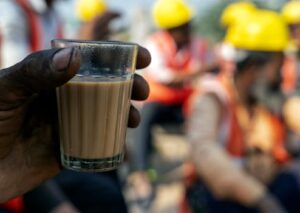
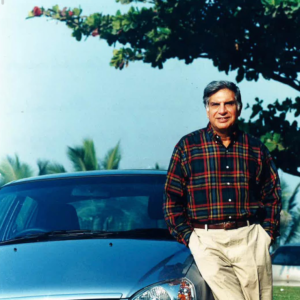
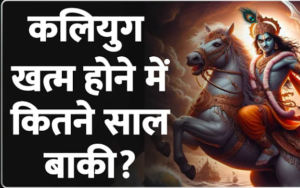







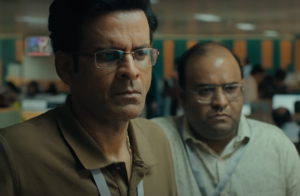

Post Comment